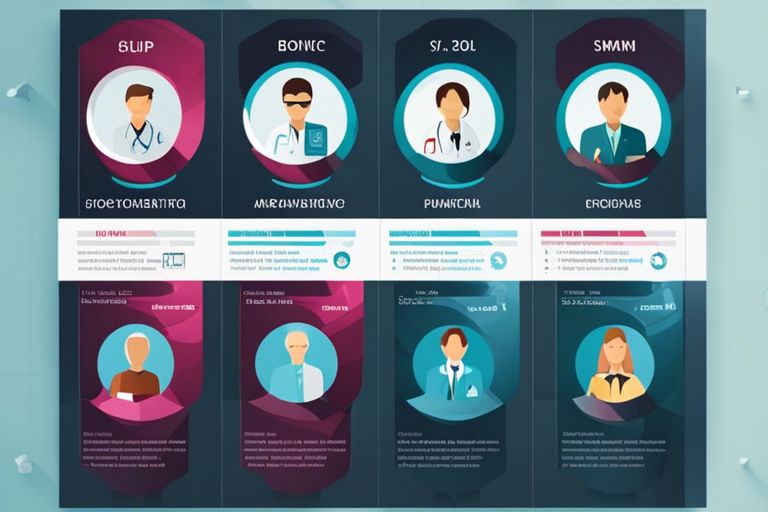Enhancing the weight loss process by tailoring treatment plans to meet individuals’ specific needs is crucial for long-term success. In today’s digital age, Customer Relationship Management (CRM) tools provide a valuable solution for personalizing the weight loss journey. By leveraging CRM technology, healthcare providers can create customized treatment plans that consider factors such as medical history, lifestyle preferences, and individual goals. This blog post explores the importance of personalization in weight loss efforts and the benefits of utilizing CRM for developing individualized treatment strategies.
Understanding Weight Loss Challenges
Psychological Aspects of Weight Loss
For an in-depth look at the challenges individuals face when trying to lose weight, it is crucial to understand the psychological aspects involved. According to An Evaluation of a Personalized Multicomponent Weight Loss Program, psychological factors such as stress, emotional eating, body image issues, and lack of motivation can significantly impact weight loss efforts. These factors can often lead to self-sabotage and difficulty in adhering to a weight loss plan.
By addressing these psychological aspects through personalized treatment plans, individuals can better cope with challenges and develop strategies to overcome them. Support systems, cognitive-behavioral therapy, and mindfulness techniques are some of the tools that can be leveraged to help individuals navigate the psychological barriers to weight loss.
Physical Challenges and Health Considerations
The physical challenges and health considerations associated with weight loss are equally important factors to consider. The journey to weight loss can be hindered by medical conditions, physical limitations, and metabolic factors. Understanding the individual’s overall health status, including any underlying conditions, is essential in crafting a safe and effective weight loss plan tailored to their specific needs.
The incorporation of regular physical activity, balanced nutrition, and medical supervision are key components in addressing the physical challenges of weight loss. It is imperative to strike a balance between calorie intake and expenditure, monitor progress, and make adjustments as needed to ensure sustainable weight loss results.
It is crucial to recognize that weight loss is not just about diet and exercise; it involves a holistic approach that takes into consideration psychological and physical well-being. By addressing both the psychological aspects and physical challenges of weight loss, individuals can embark on a personalized journey towards achieving their health goals with greater success and long-term adherence.

The Role of CRM in Personalizing Weight Loss Plans
Obviously, one of the key elements in designing successful weight loss strategies is personalization. Every individual is unique, with different body compositions, metabolic rates, dietary preferences, and lifestyle habits. This is where Customer Relationship Management (CRM) systems play a crucial role in tailoring weight loss plans to meet the specific needs of each individual.
By utilizing CRM tools, weight loss clinics and professionals can collect and analyze data on each client’s health profile, weight loss goals, progress, and preferences. This data can then be used to create customized treatment plans that take into account factors such as medical history, dietary restrictions, exercise preferences, and lifestyle habits.
Hyper-personalization for enhancing customer loyalty and satisfaction is a key trend in the healthcare industry, and CRM systems provide the necessary tools to achieve this level of customization. By leveraging CRM technology, weight loss clinics can not only create personalized treatment plans but also track progress, provide ongoing support, and adapt the plan as needed based on real-time data.
For more information on the role of CRM in personalizing weight loss plans, you can refer to this study on Hyper-personalization for enhancing customer loyalty and satisfaction.









